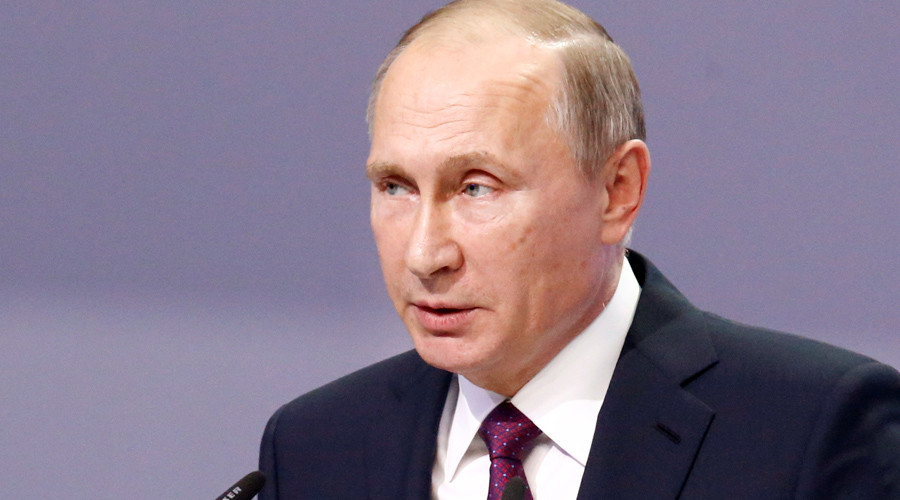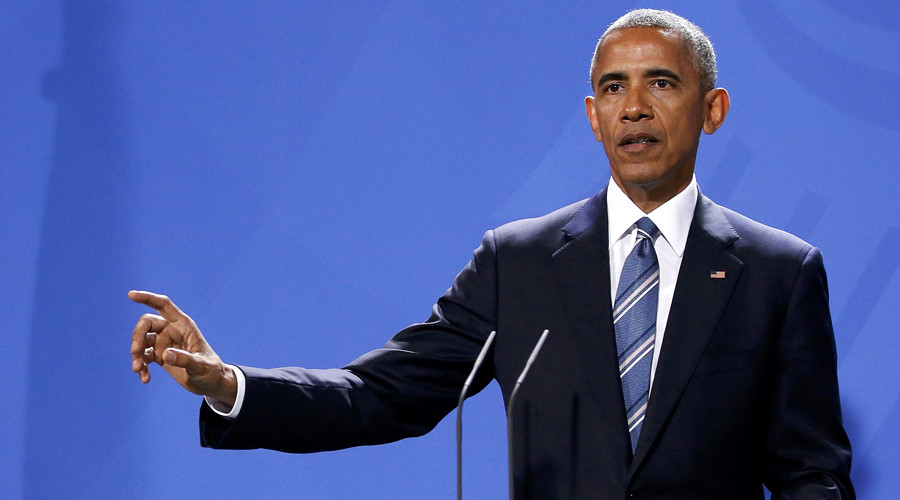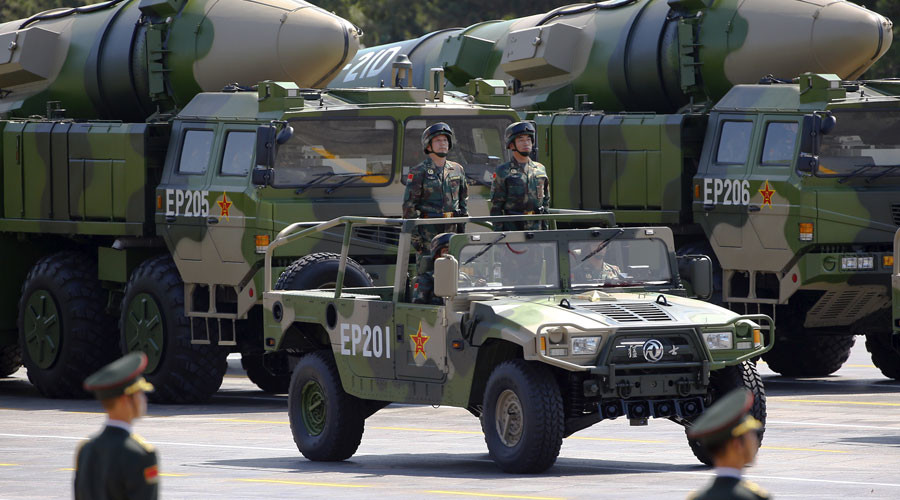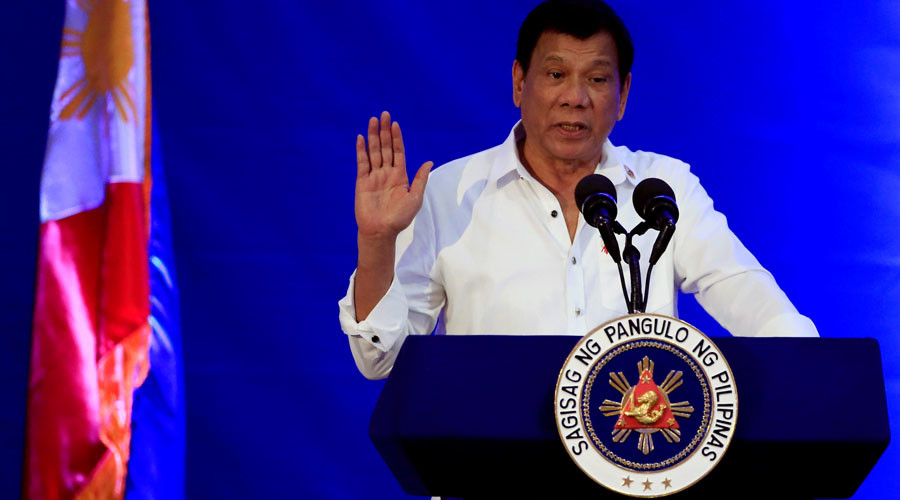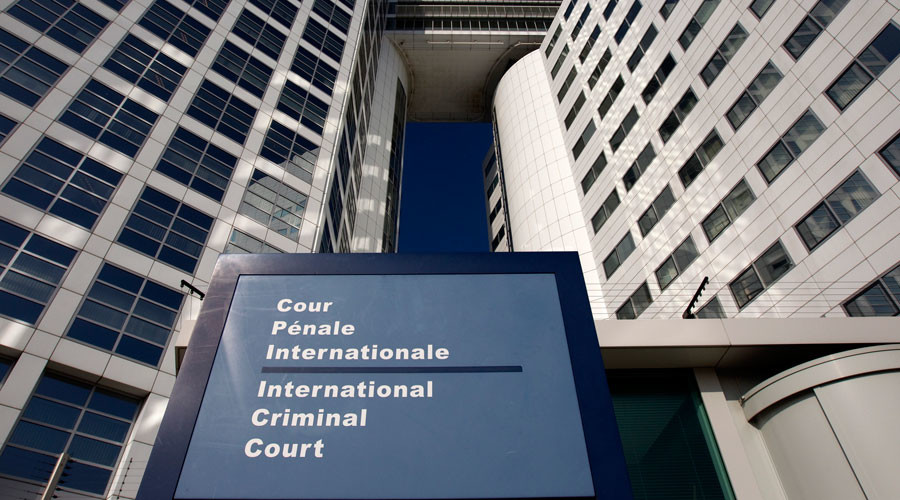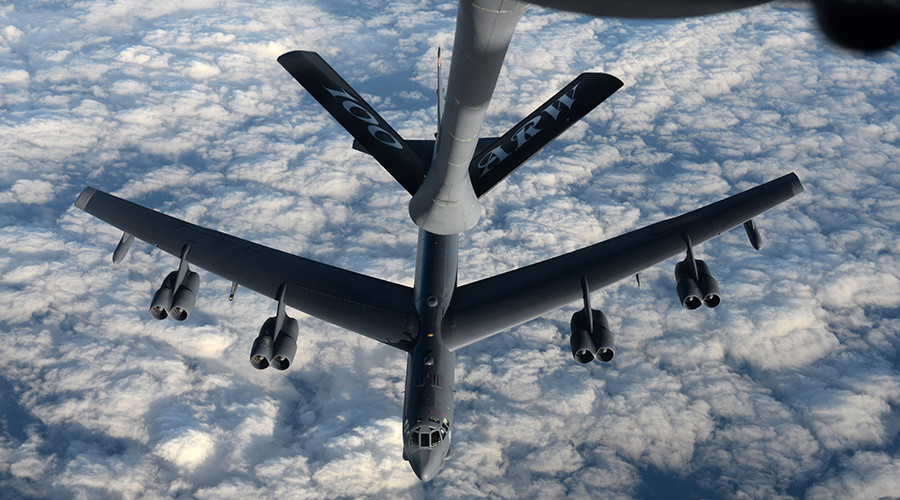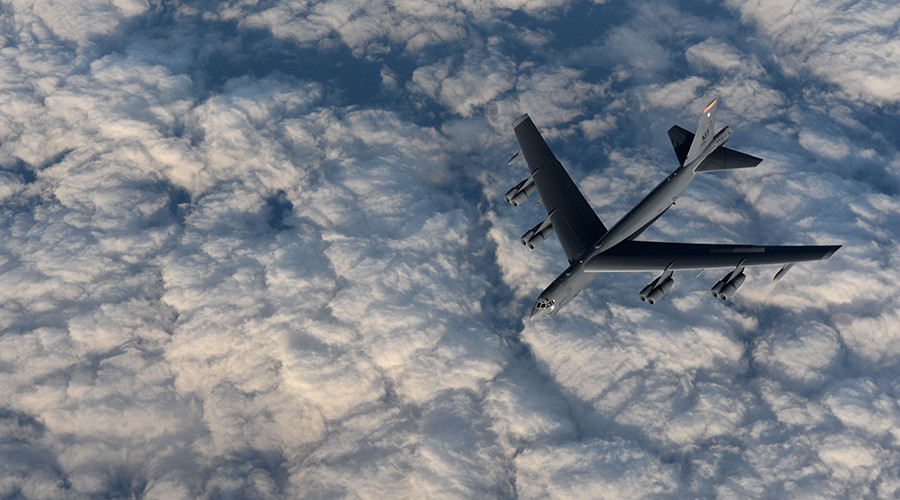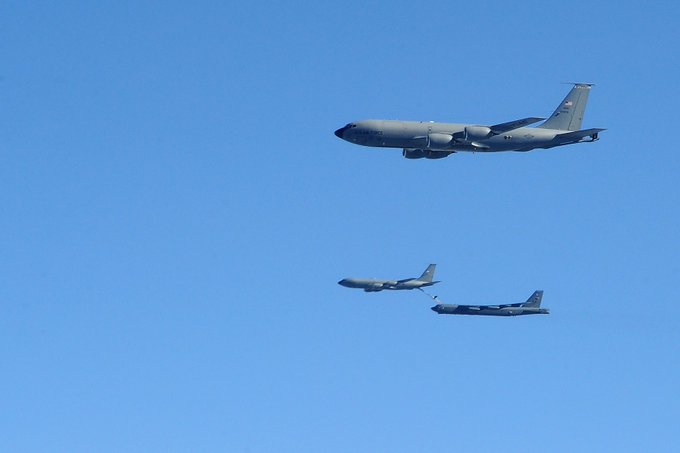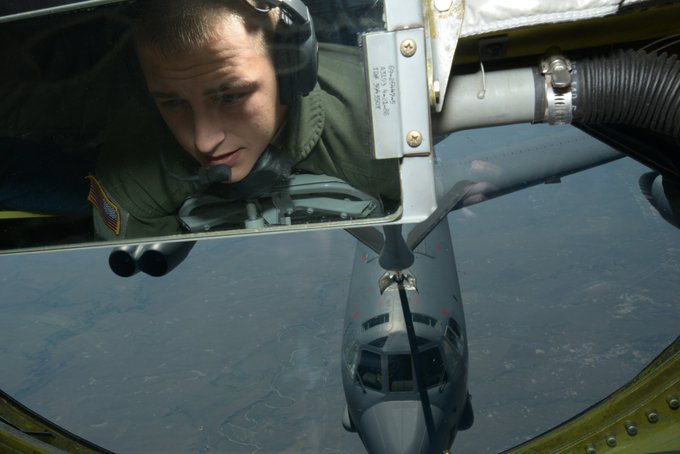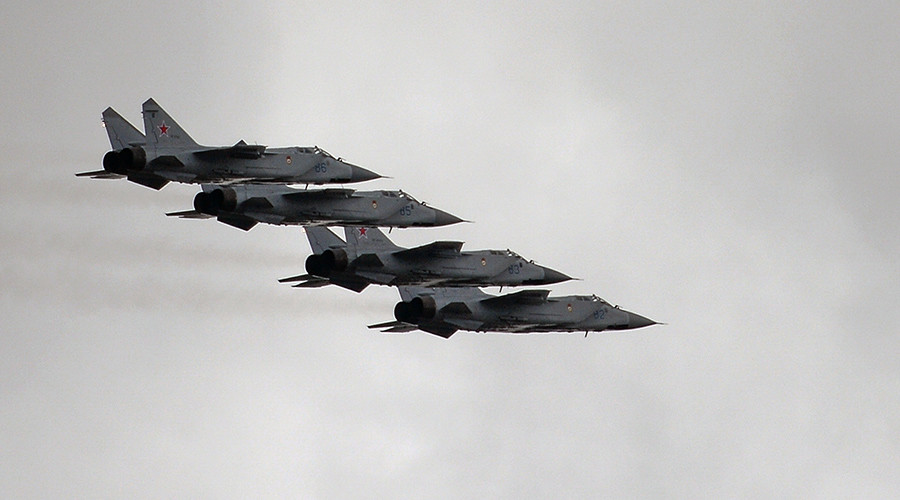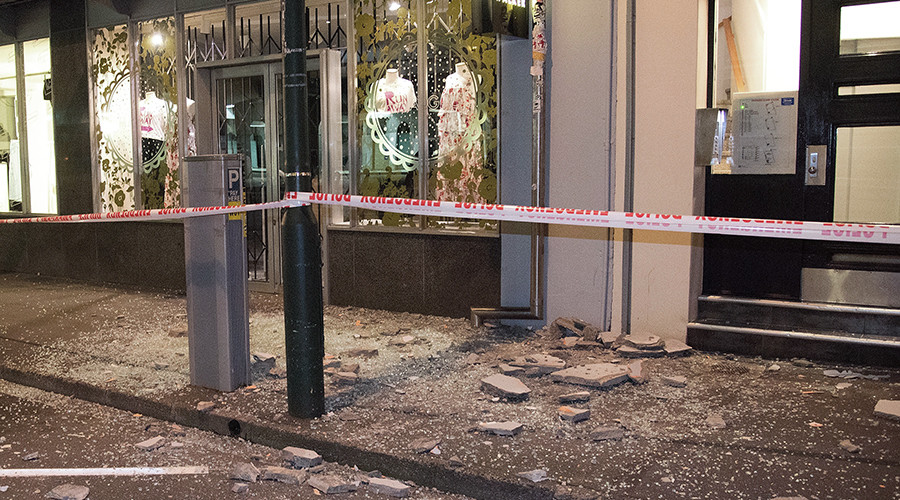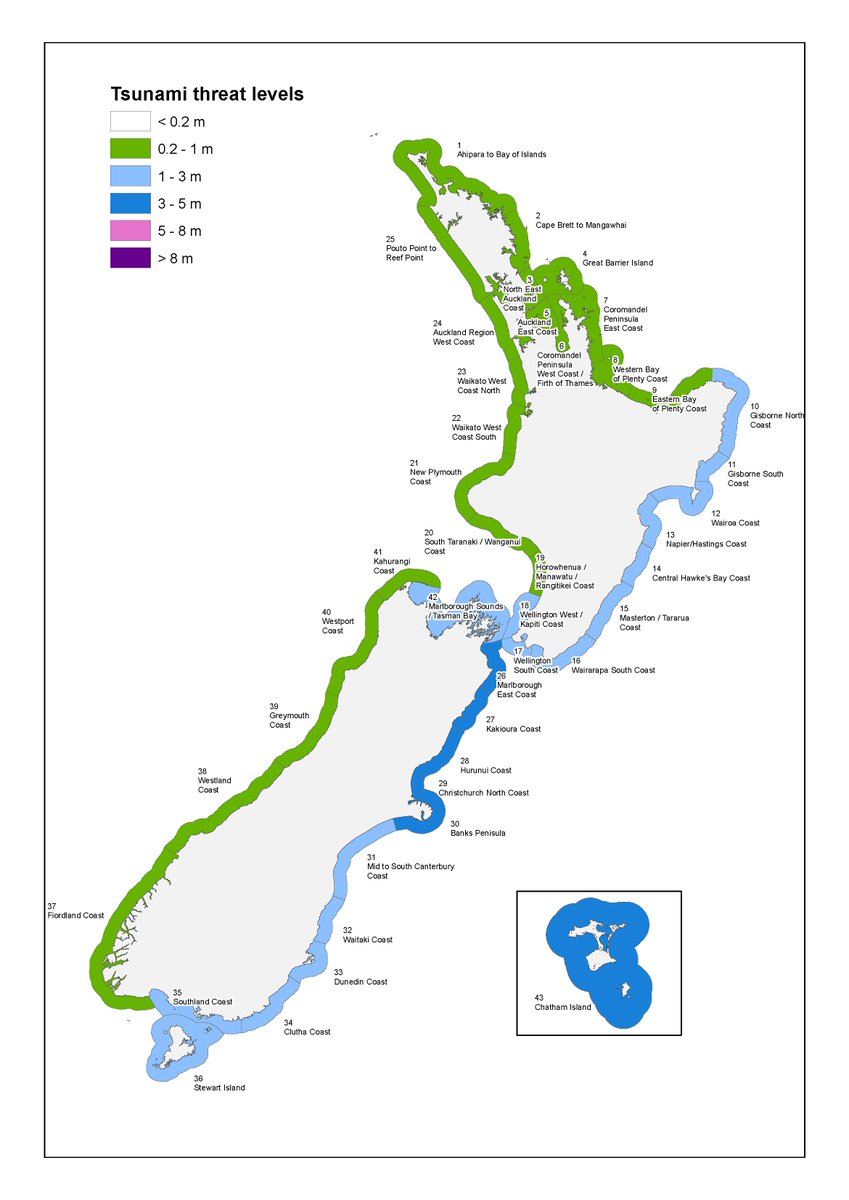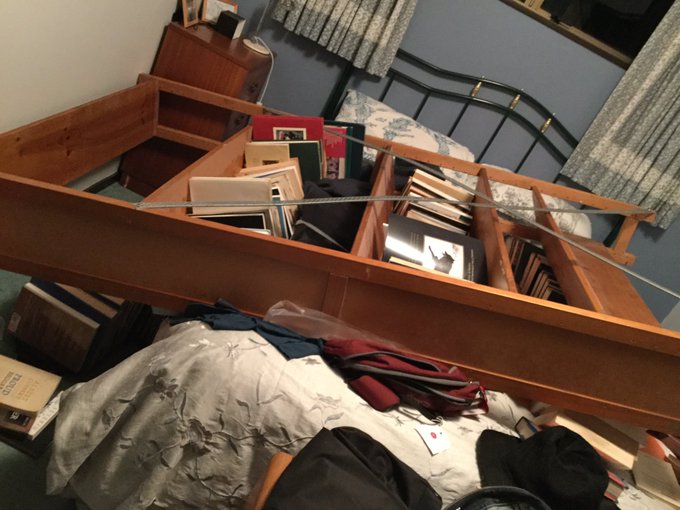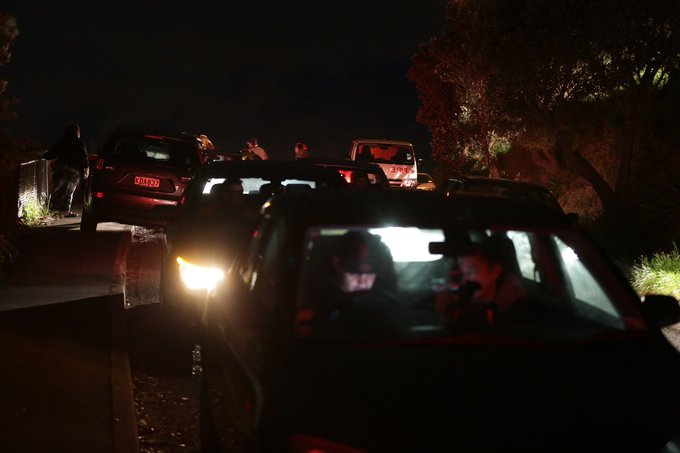Russian President Vladimir Putin has issued a decree refusing to ratify the Rome Statute, the treaty which established the International Criminal Court (ICC). The Foreign Ministry said the ICC has not “lived up to expectations and failed to become a genuinely independent judicial body.”
The presidential decree, published on the official Russian legal information portal, orders the authorities “to accept the proposal of the Justice Ministry of Russia, coordinated with the Russian Ministry of Foreign Affairs and other federal bodies of executive power, with the Russian Supreme Court, the General Prosecutor of the Russian Federation and the Russian Investigative Committee, [to send] the Secretary General of the United Nations a notice of the Russian Federation’s intention not to become party to the Rome Statute of the International Criminal Court.”
The decree will come into force as soon as it is signed.
The Rome Statute, which entered into effect in 2002, is the basis of the activities of the ICC. It established four core international crimes: genocide, crimes against humanity, war crimes and the crime of aggression.
Moscow signed the treaty in 2000, but has not ratified it. ICC jurisdiction therefore does not apply to Russia, as well as the United States, China, Israel, Ukraine and a number of other countries.
The United States is not a party to the Rome Statute and does not plan to ratify it. However, the court recently published a report regarding its probe into alleged war crimes of US forces in Afghanistan. Washington rejected the probe, calling it neither warranted nor appropriate and reminded the ICC that it was “not a party to the Rome Statute” and therefore “had not consented to ICC jurisdiction.”
According to the Russian Foreign Ministry, Moscow refused to ratify the ICC Statute because the International Criminal Court has not lived up to what was expected of it, especially in terms of it becoming a genuinely independent judicial body.
“
Unfortunately the Court failed to meet the expectations to become a truly independent, authoritative international tribunal,” the ministry said in a
statement following the publication of the presidential decree.
“The work of the Court is characterized in a principled way as ineffective and one-sided in different fora, including the United Nations General Assembly and the Security Council. It is worth noting that during the 14 years of the Court's work it passed only four sentences having spent over a billion dollars,” the statement said.
Initially, by signing the Rome Statute Russia expressed approval of the general idea of the ICC.
“The ICC as the first permanent body of international criminal justice inspired high hopes of the international community in the fight against impunity in the context of common efforts to maintain international peace and security, to settle ongoing conflicts and to prevent new tensions.
“Russia has consistently advocating prosecuting those responsible for the most serious international crimes. Our country was at the origins of the Nuremberg and Tokyo tribunals, participated in the development of the basic documents on the fight against genocide, crimes against humanity and war crimes. These were the reasons why Russia voted for the adoption of the Rome Statute and signed it.”
However, there are a number of contradictions that exist between separate provisions of the statute and the Constitution of the Russian Federation, which is one of the reasons for Russia’s refusal to ratify the document. They include the mandatory transfer of investigated persons to the ICC, the application of the statute to heads of state and government figures, and the exceptions to the principle of “ne bis in idem,” which states that a person should not be judged twice for the same crime.
Apart from legal discrepancies, Russia has been disappointed by some ICC decisions, including the move to initiate an investigation into the conflict between South Ossetia and Georgia back in 2008. Back then, Georgian forces launched an artillery attack on the South Ossetian capital, Tskhinval. A Russian peacekeeper base and residential districts of the city came under fire, forcing then-Russian President Dmitry Medvedev to order a peace enforcement operation against Georgia.
Despite the fact that the European Commission investigated the conflict and declared that it was started by Georgia, labeling Tbilisi's actions as unjustified, the ICC decided to open a probe into the conflict last year, focusing on the actions of South-Ossetians and Russian soldiers.
“The Russian Federation cannot be indifferent to the Court's attitude vis-a-vis the situation of August 2008. The Saakashvili regime's attack on peaceful Tskhinval, the assassination of the Russian peacekeepers resulted in the Court's accusations against South-Ossetian militia and Russian soldiers.
Eventual investigation of actions and orders of Georgian officials was left to the discretion of the Georgian justice and remains outside of the focus of the ICC Prosecutor's office attention. This development speaks for itself. We can hardly trust the ICC in such a situation,” the Foreign Ministry’s statement says.
On Monday, the ICC
issued an annual report saying that “
the available information suggests that the situation within the territory of Crimea and Sevastopol amounts to an international armed conflict between Ukraine and Russia.” It also speaks about “
the existence of an international armed conflict in the context of armed hostilities in eastern Ukraine.”
Kremlin spokesman Dmitry Peskov called this “wording contrary to reality, contrary to the Russian stance and most importantly, contrary to the stance of the Crimea residents which was expressed at the referendum.” He added that the comments regarding Donbass also run counter to reality, as the war in eastern Ukraine is an internal conflict.
Peskov stressed, however, that Russia’s decision not to ratify the Rome Statute is not connected with this issue.
